 Prince George Plumbers
Prince George Plumbers
 Prince George Plumbers
Prince George Plumbers
Building Code Compliance provides a regulatory-focused plumbing service that verifies all installations, repairs, and modifications meet local, state, and national plumbing codes. The service includes inspections, documentation, and corrective actions to align systems with legal standards, promoting safety, efficiency, and approval in construction and renovation projects. It is necessary for avoiding fines, delays, and liability
We provide top-quality Plumbing services throughout Prince George County. Whether you need help with Building Code Compliance or other issues, our Experts is ready.
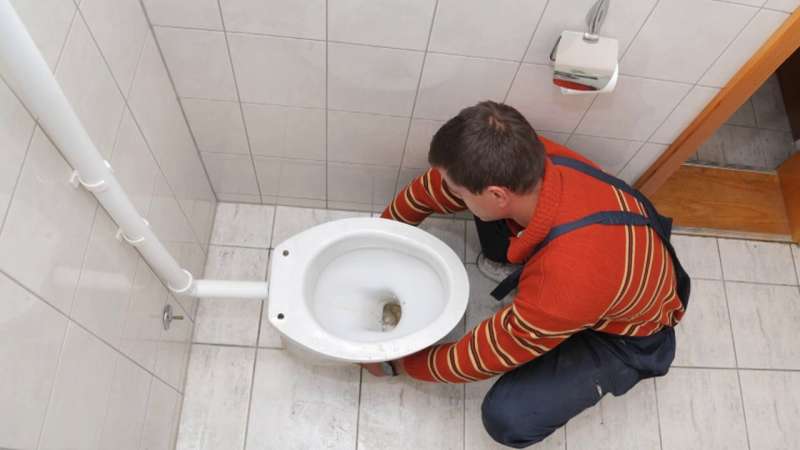
Installing dishwashers, hot water heater (tank and tankless), garbage disposals, and washing makers.
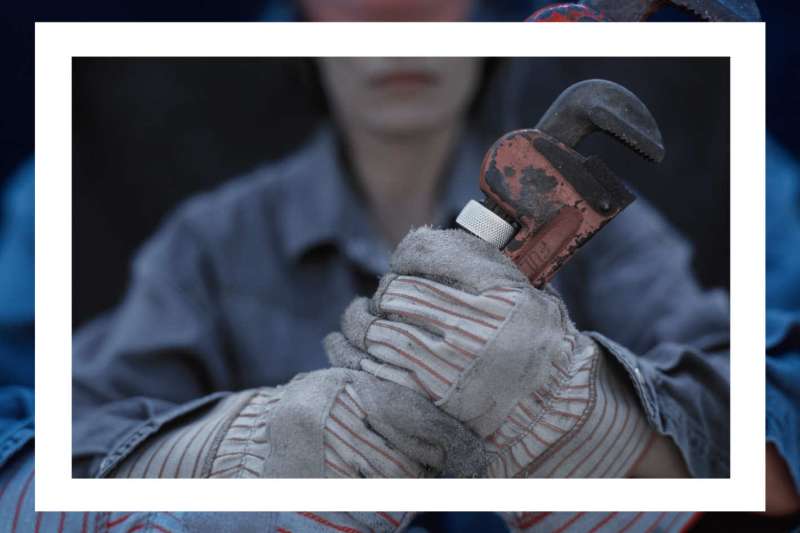
Making sure backflow avoidance devices are working properly.
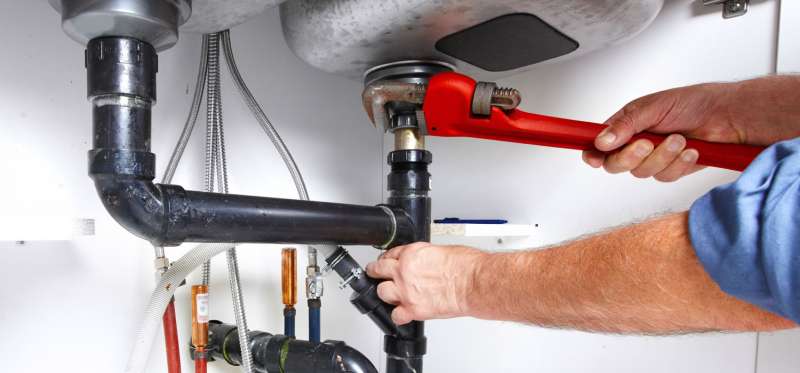
Relocating or upgrading plumbing systems.
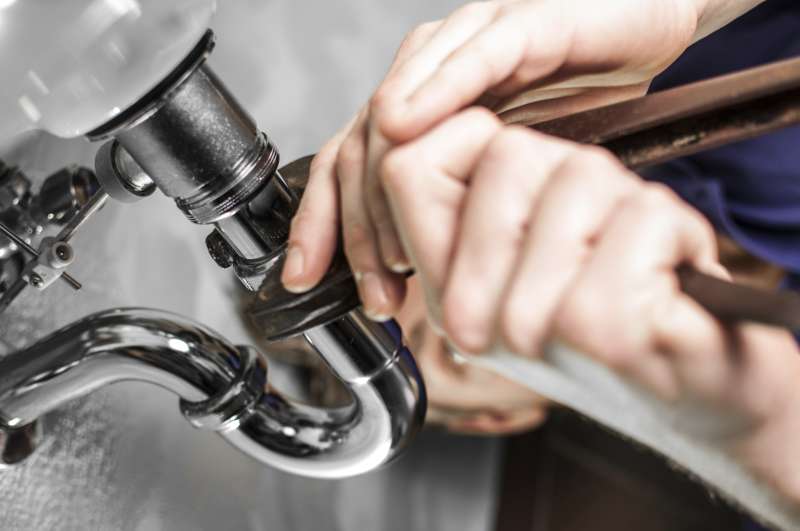
Guaranteeing plumbing systems satisfy regional policies.
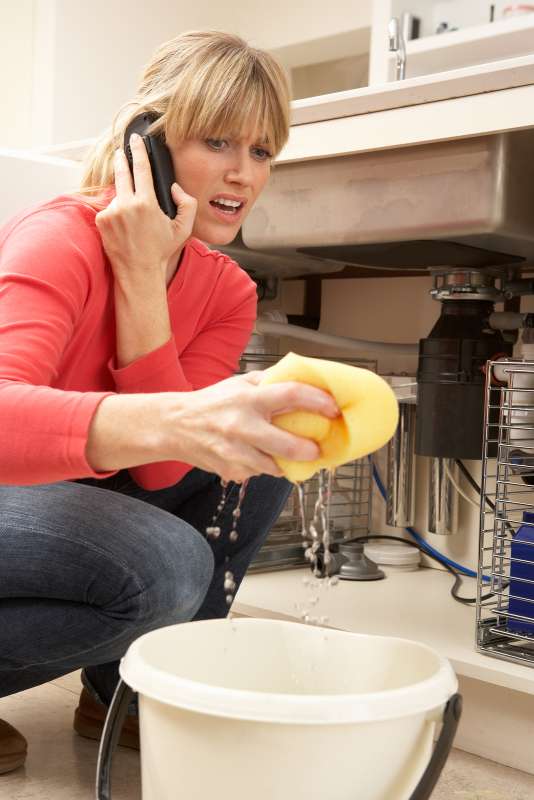
Immediate action to prevent flooding and water damage.

Clearing clogs in sinks, toilets, showers, and drain lines.
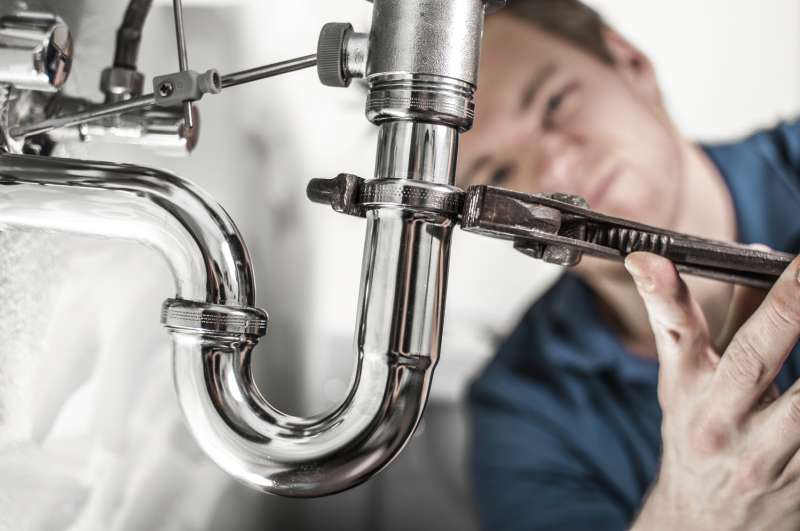
Regular cleaning to prevent obstructions and preserve circulation.
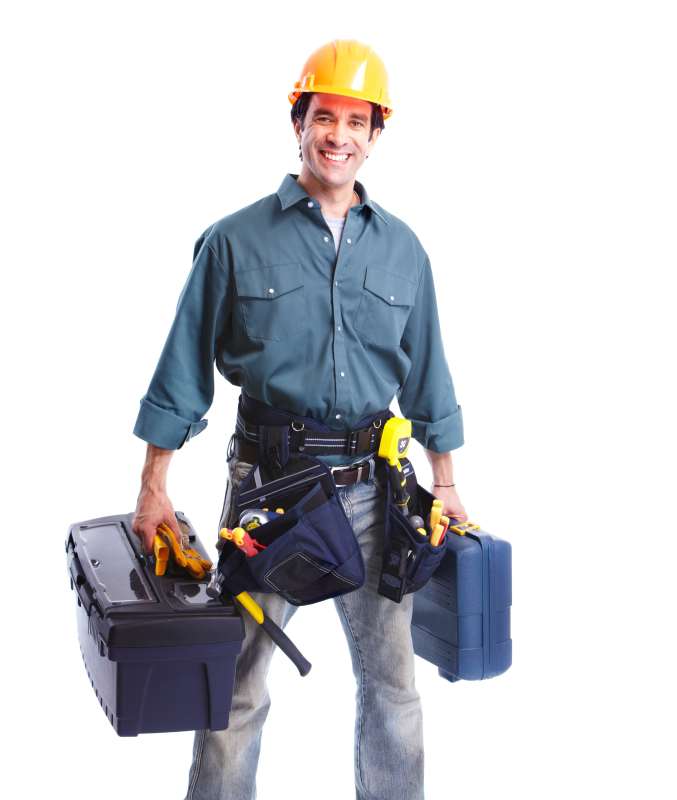
Repairing malfunctioning faucets, toilets, and other components.
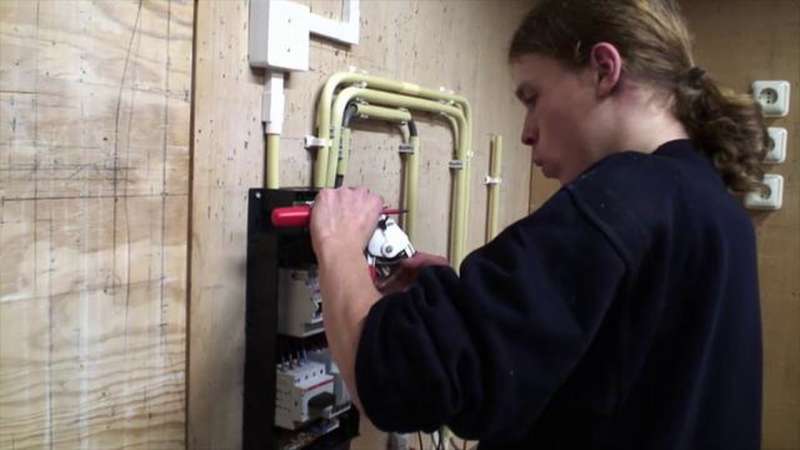
Installation of sinks, faucets, toilets, tubs, and showers.
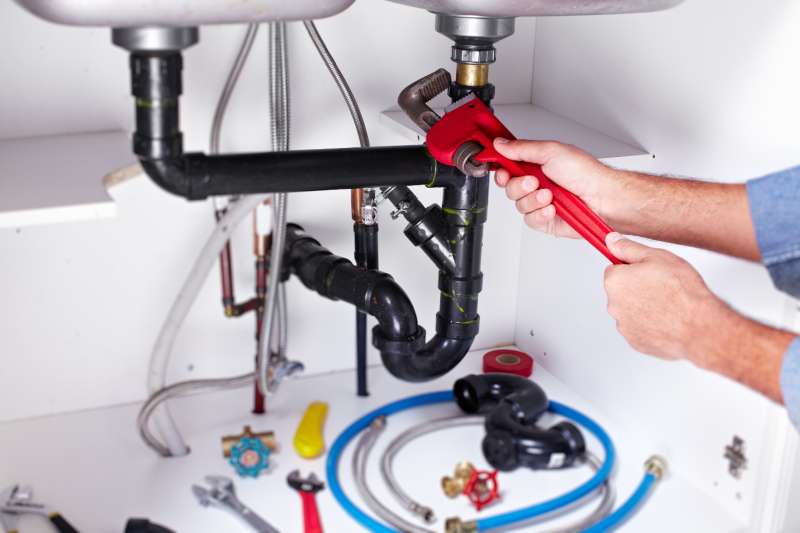
Emergency detection and repair work to prevent dangers.
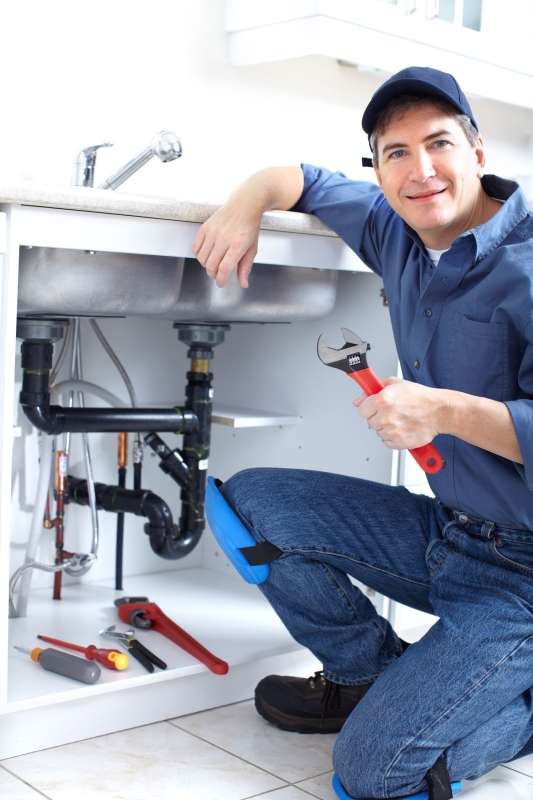
Fixing gas leakages and ensuring proper gas line working.
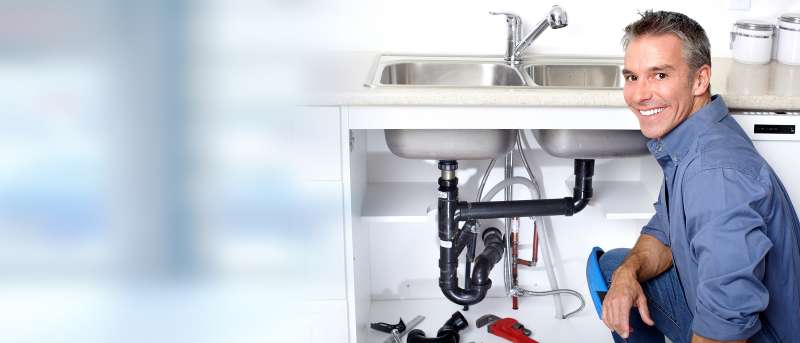
Setting up systems for recycling home wastewater.
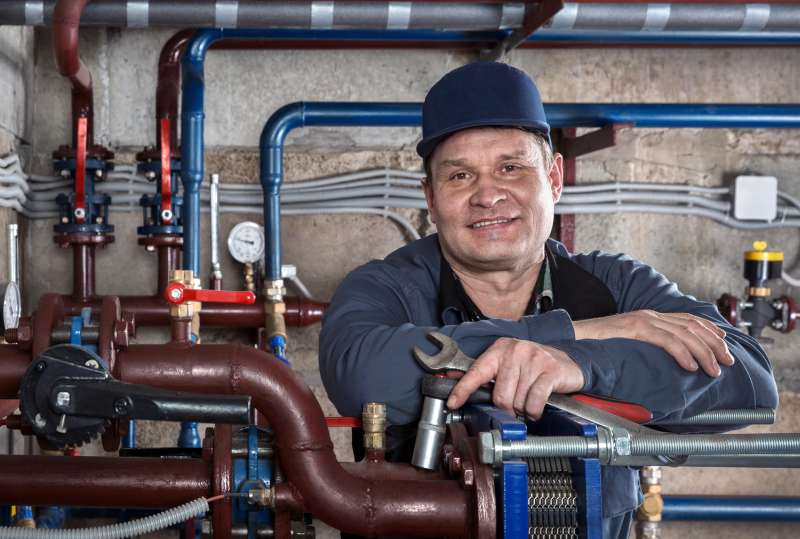
Installing and keeping radiant floor heating systems.
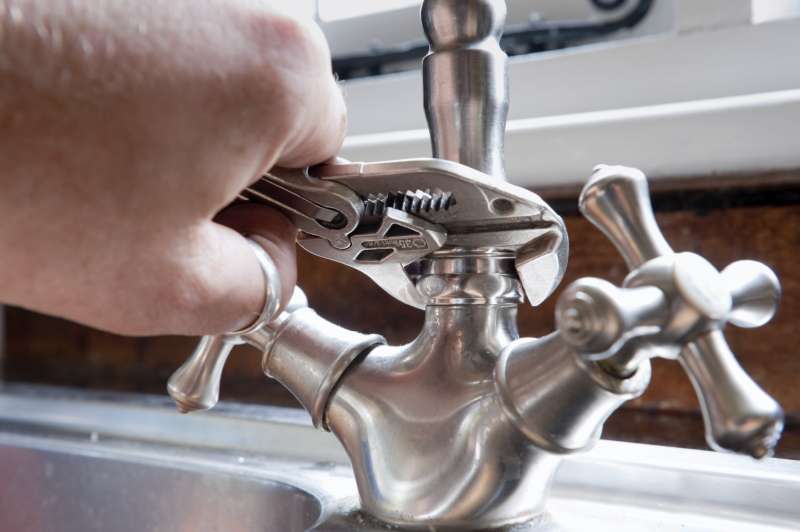
Specialized piping for factories or industrial settings.
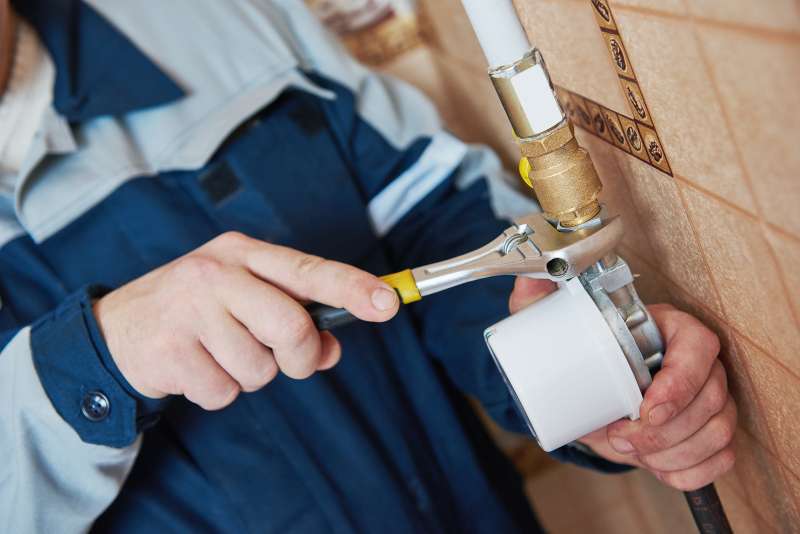
Setting up and preserving outside watering.
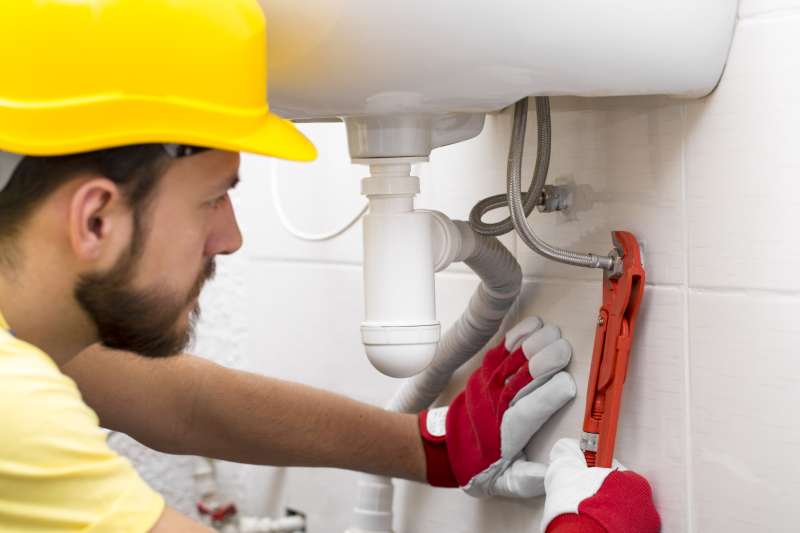
Plumbing systems for brand-new buildings or restorations.
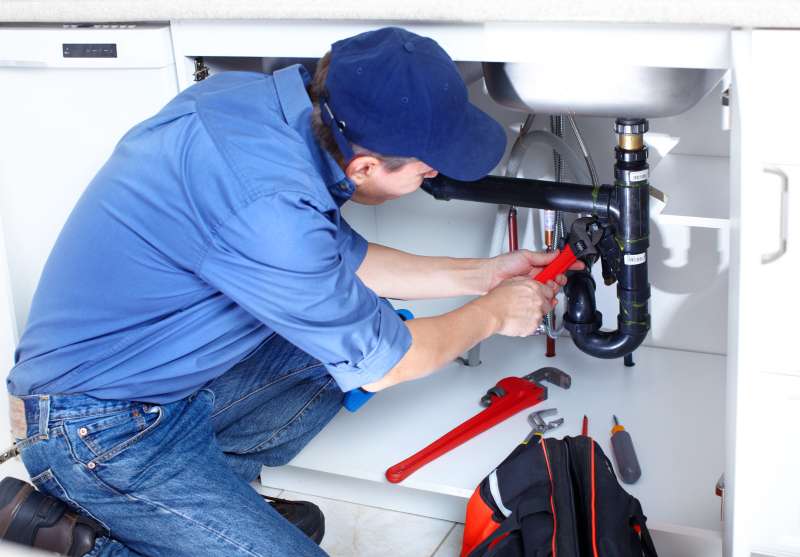
Fixing leakages in pipes, faucets, toilets, and home appliances.
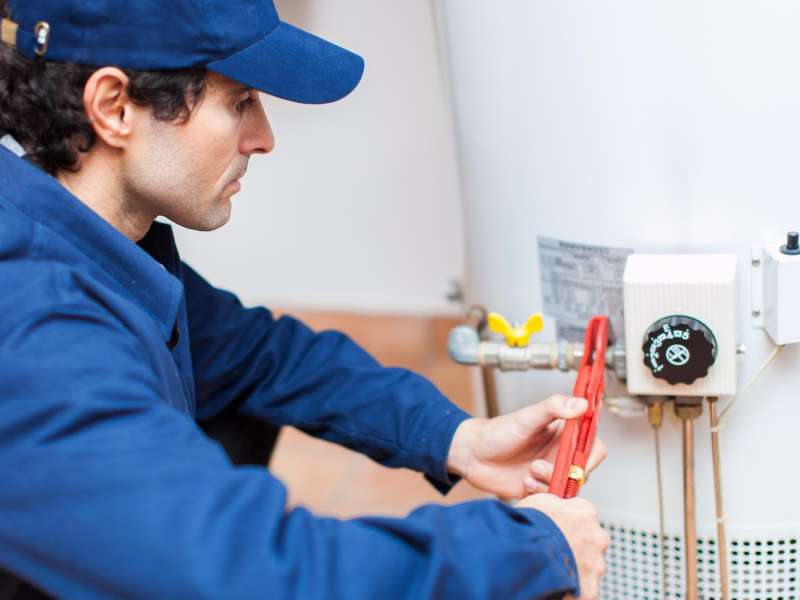
Quick resolution of extreme blockages and overflows.
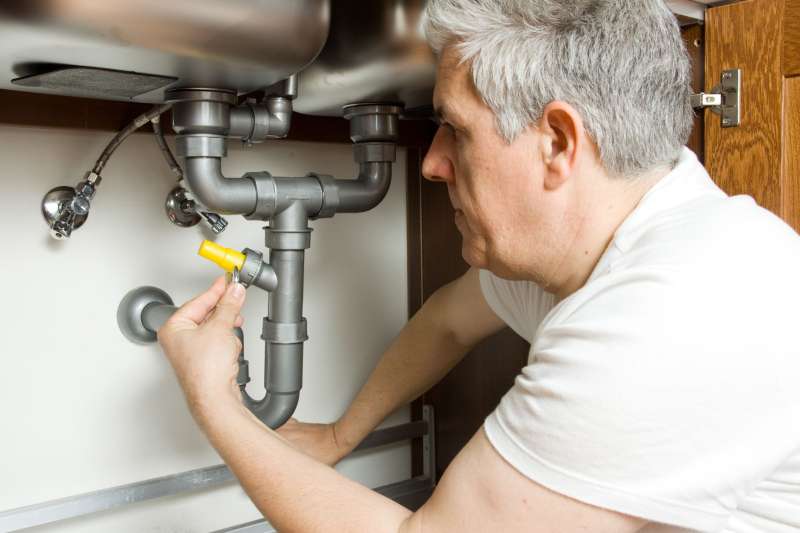
Utilizing cameras to check pipes for damage or clogs.
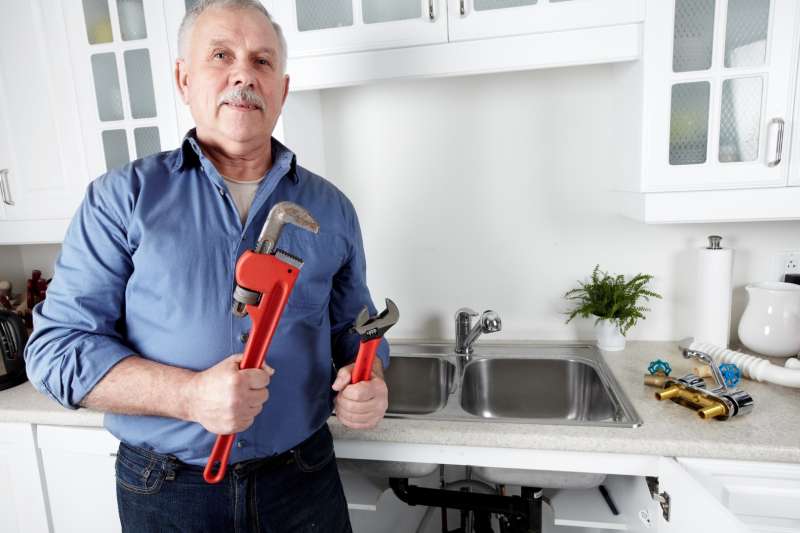
Repairing or changing burst, corroded, or harmed pipelines.
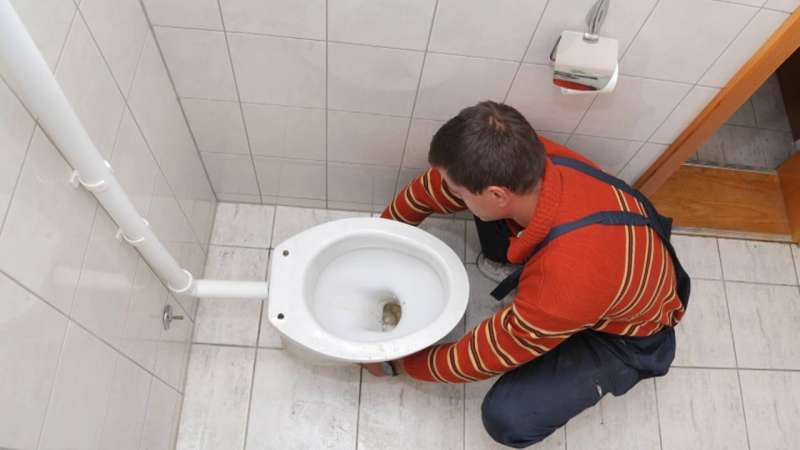
Setting up new piping systems for water, gas, and drain.
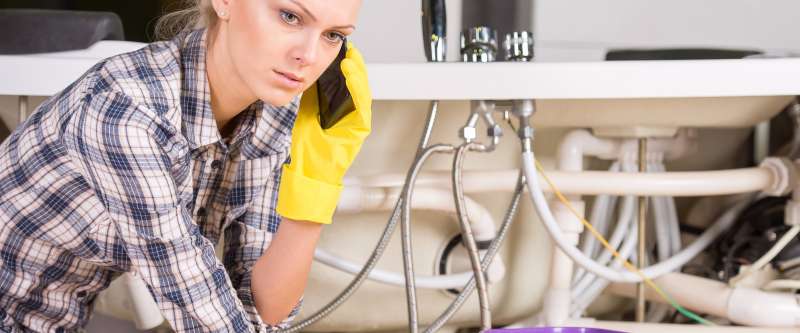
Examining plumbing systems before buying home.
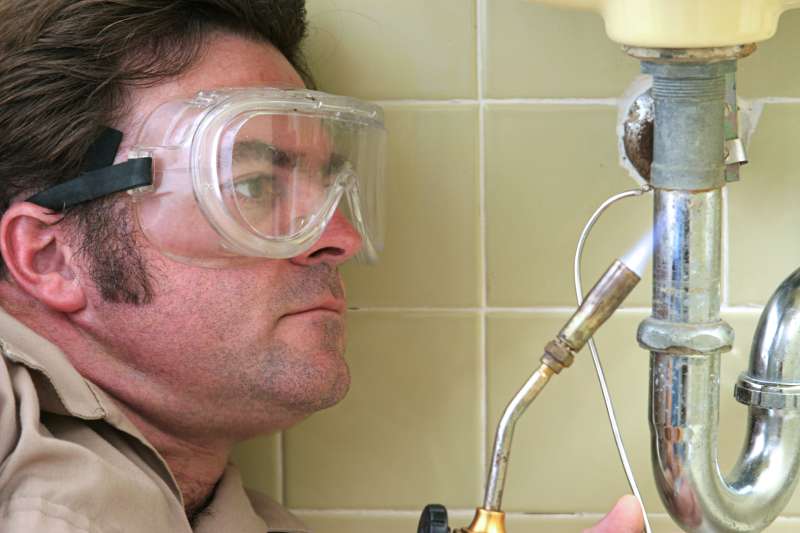
Setting up systems to collect and use rainwater.
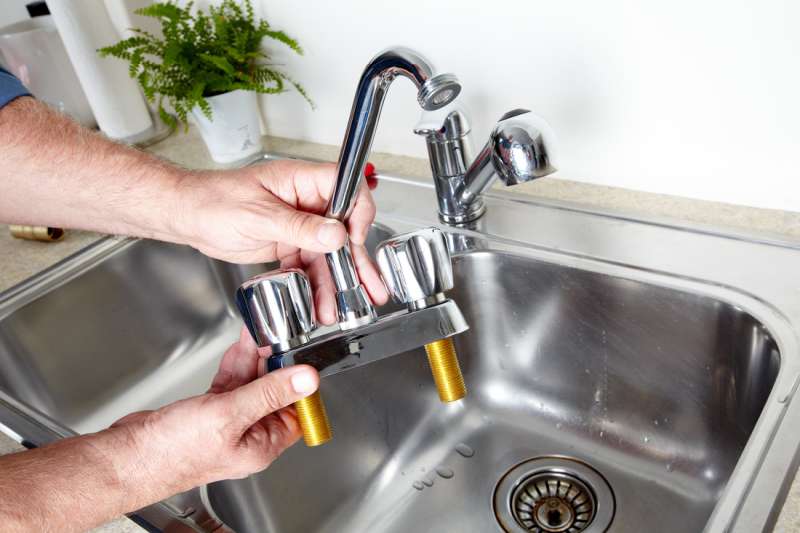
Ongoing upkeep services for organizations.
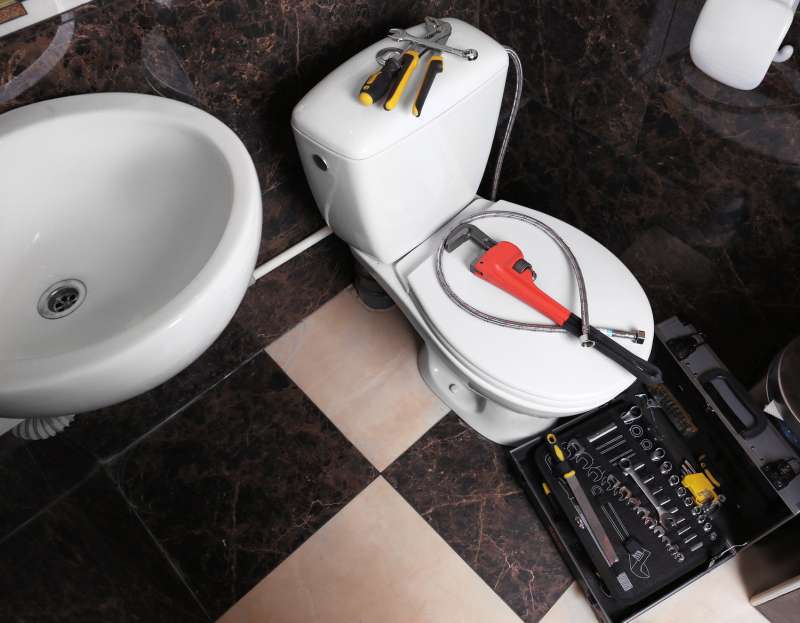
Setting up, fixing, and preserving septic tanks.
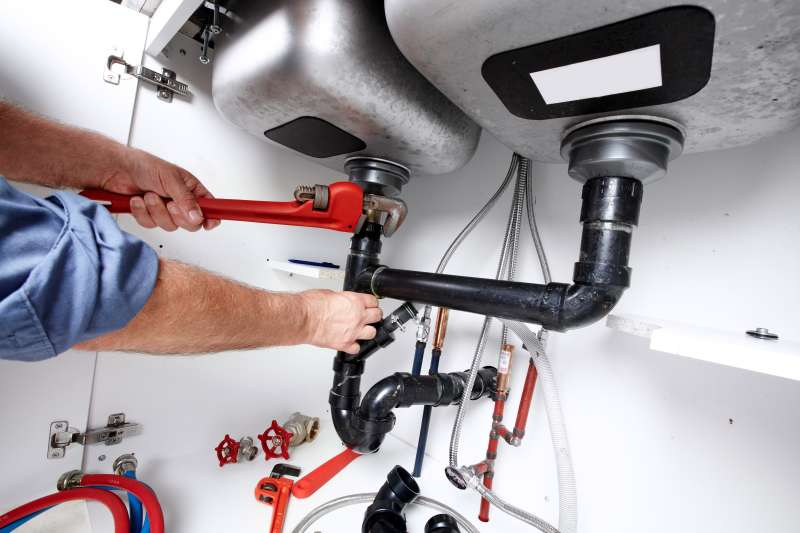
Handling groundwater in basements.
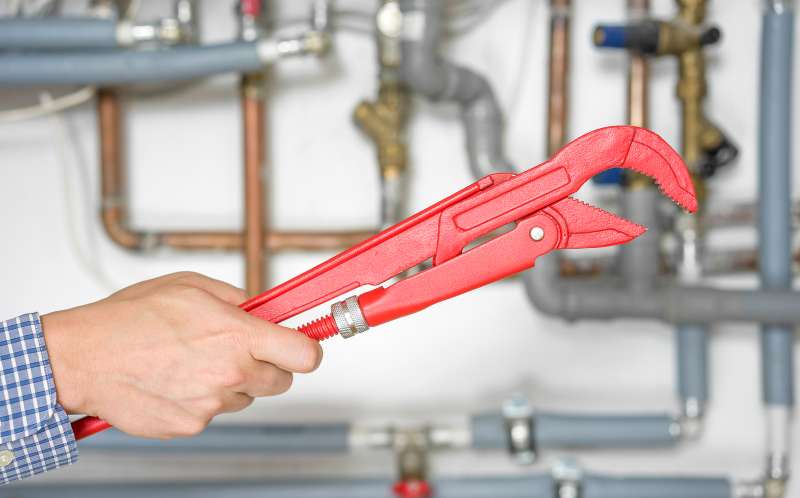
Setting up water-efficient or modern-day components.
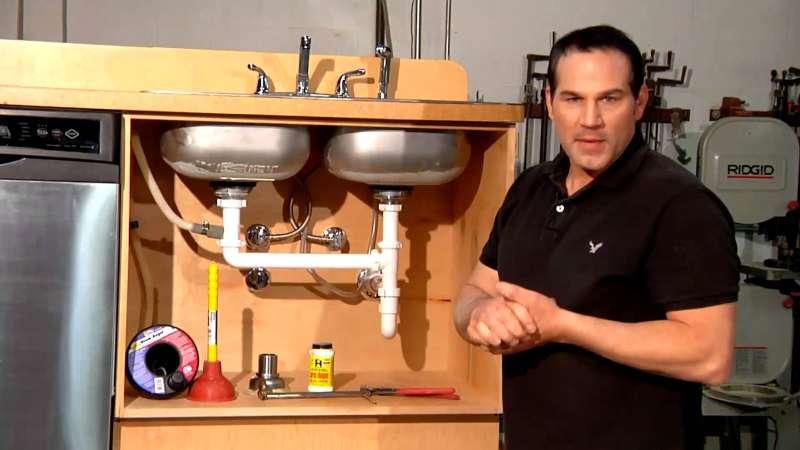
Recommending on water-saving methods and products.
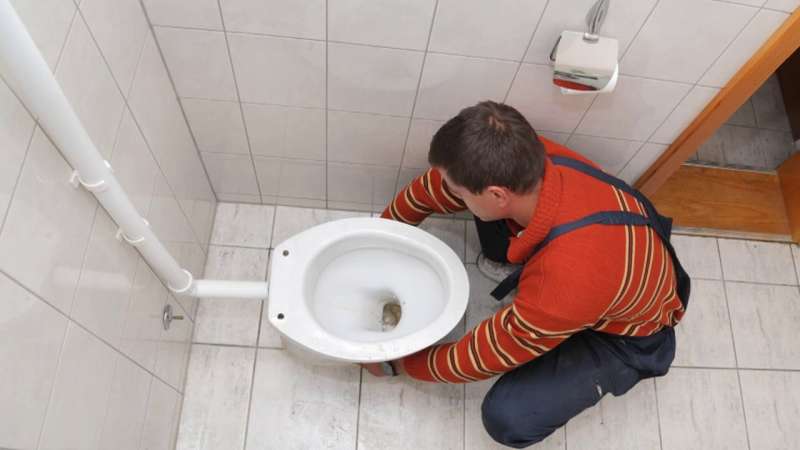
Installing water conditioners and filtration systems.
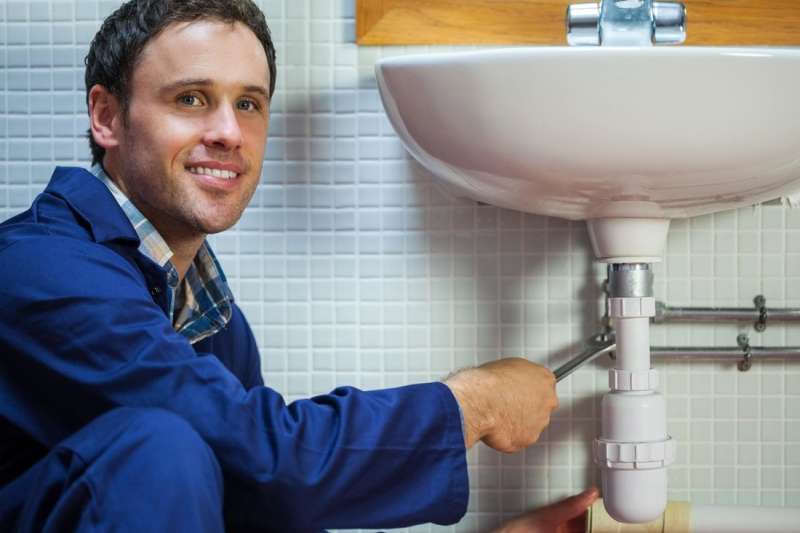
Flushing and inspecting hot water heater to prolong life expectancy.
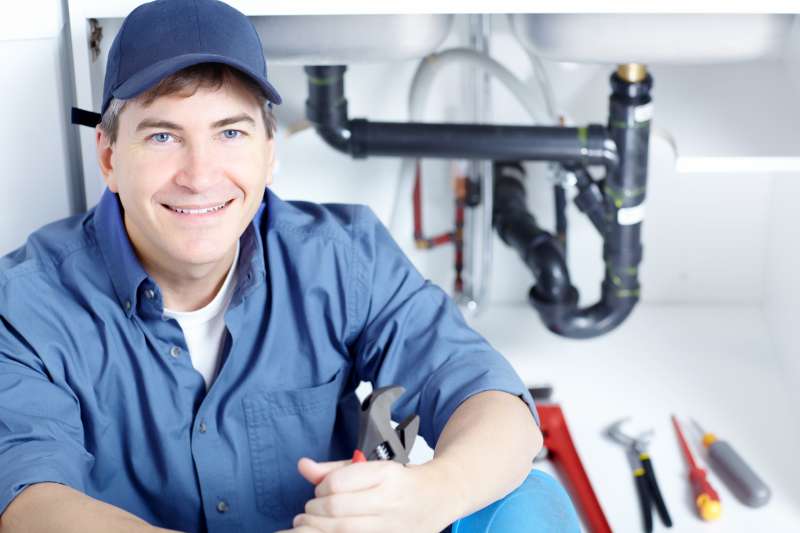
Attending to problems with temperature, leakages, or failure to heat water.
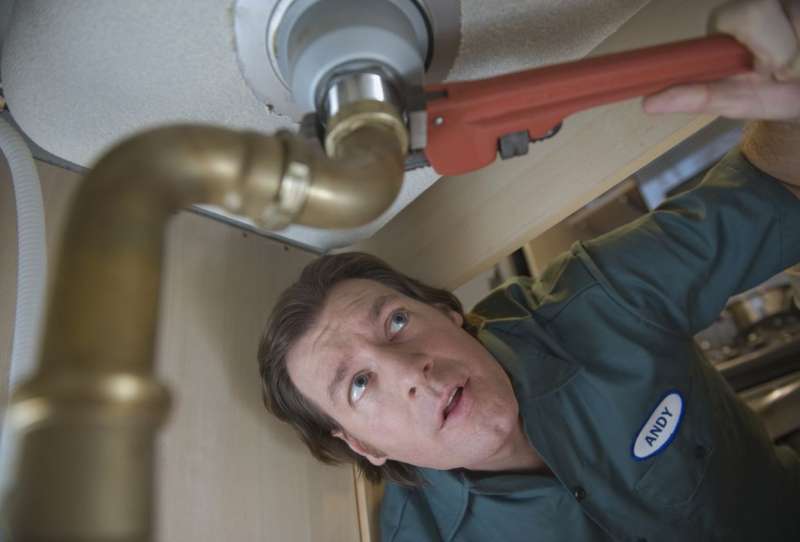
Securing basements or other locations from water invasion.
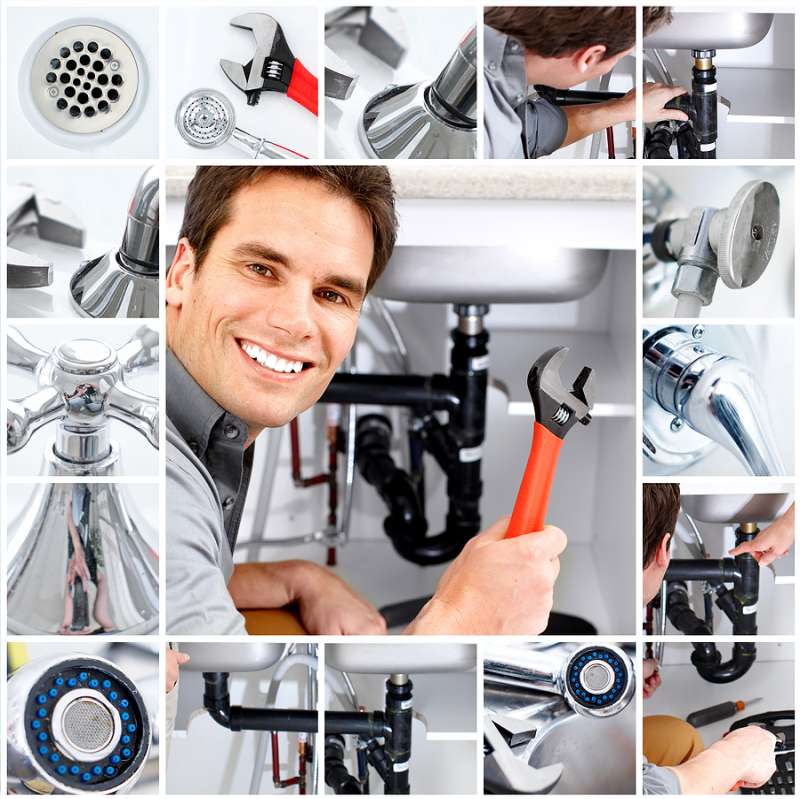
Immediate attention to prevent contamination and health threats.